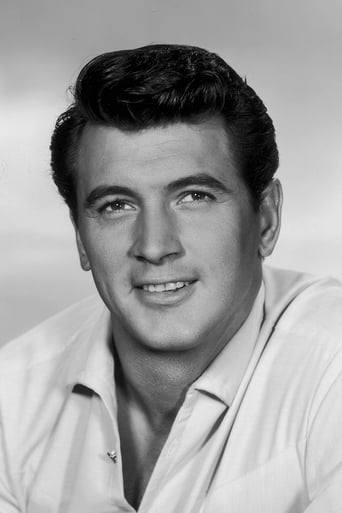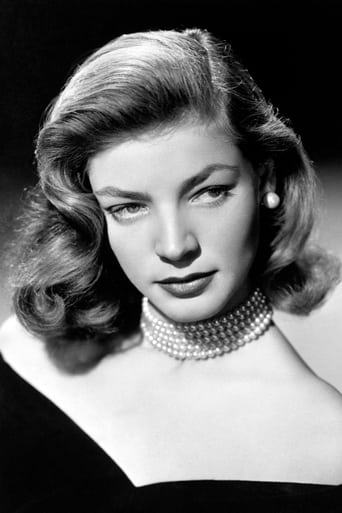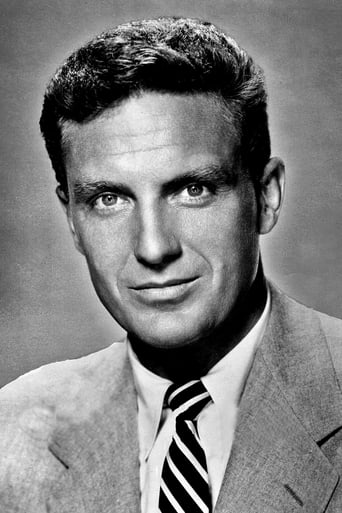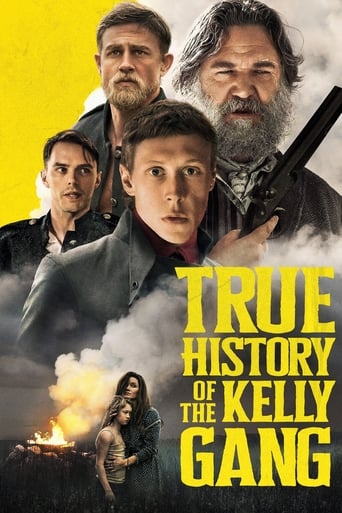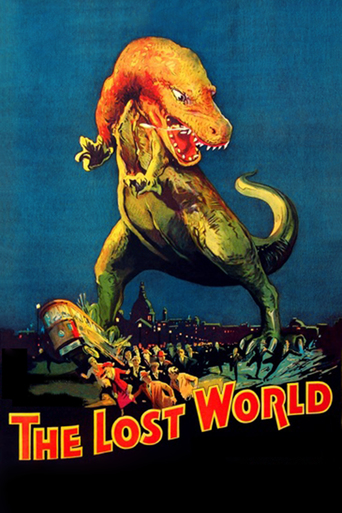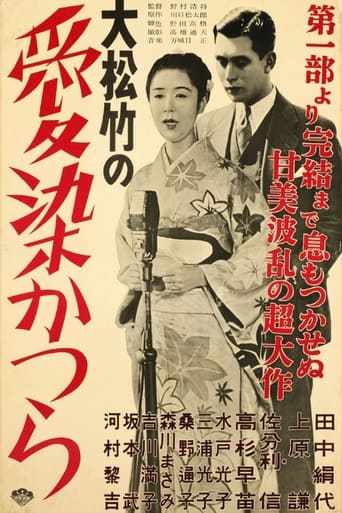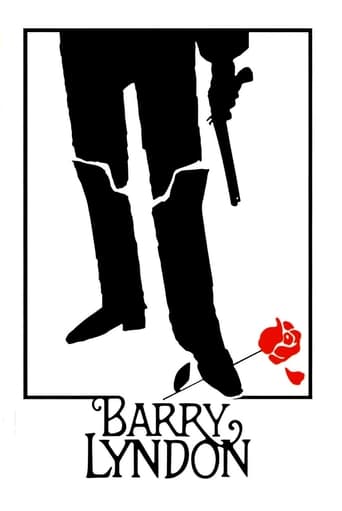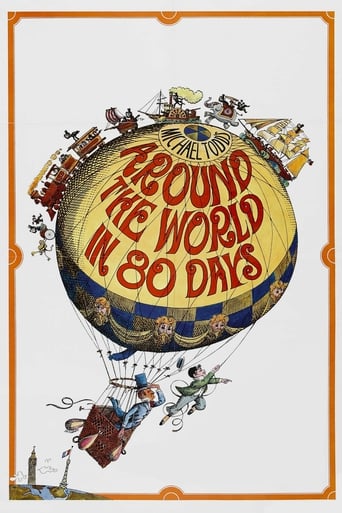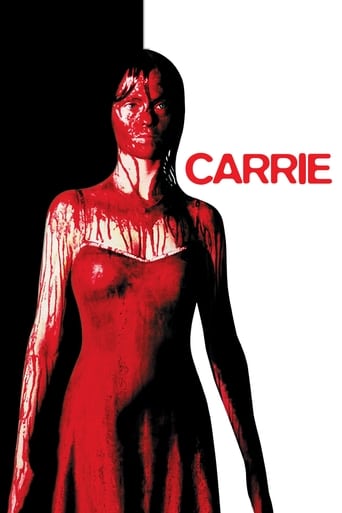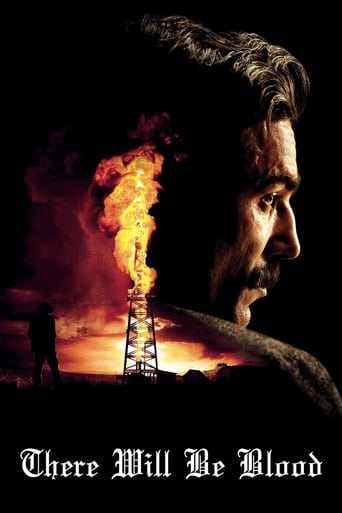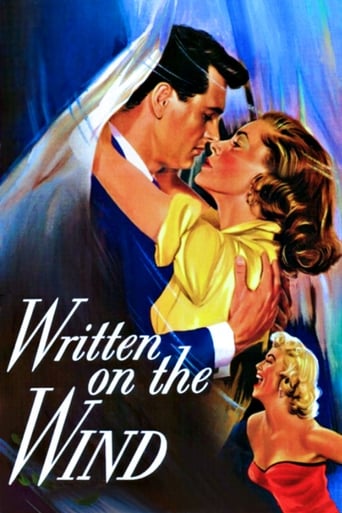
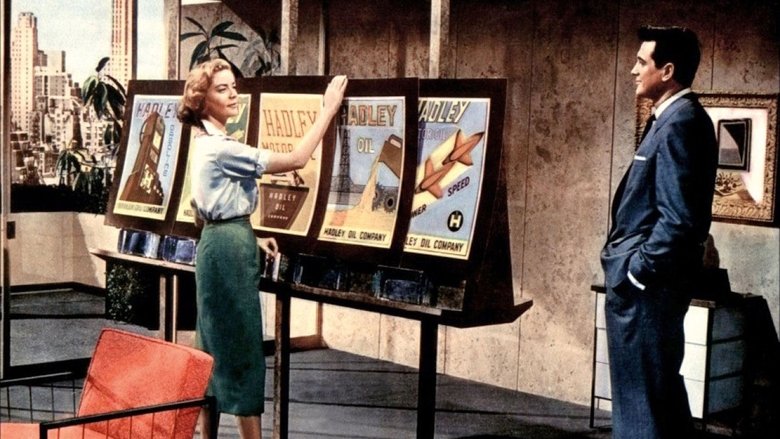
Written on the Wind (1956)
Mitch Wayne is a geologist working for the Hadleys, an oil-rich Texas family. While the patriarch, Jasper, works hard to establish the family business, his irresponsible son, Kyle, is an alcoholic playboy, and his daughter, Marylee, is the town tramp. Mitch harbors a secret love for Kyle's unsatisfied wife, Lucy -- a fact that leaves him exposed when the jealous Marylee accuses him of murder.
Watch Trailer
Cast


Similar titles
Reviews
Made in the high point of Douglas Sirk's career, WRITTEN ON THE WIND now is deemed as a quintessential melodrama which fully embodies Sirk's artistic flair, he is not ashamed to induce the most obvious feelings in the most flashy way, from a character's normal protection colour (which is often identified by his sublime colour scheme), under a straightforward story-line and minimalist core cast.The story majorly concerns a quartet of characters ensnared in their own desire and conscience, perplexity and indecision, frustration and cowardice, self-love and jealousy: Kyle (Stack) and Marylee Hadley (Malone) are the children of a Texas oil baron, grow up together with their childhood friend Mitch Wayne (Hudson), whom Marylee has developed an unrequited infatuation with. One day, a beautiful secretary Lucy Moore (Bacall) inadvertently charms Kyle to give up his playboy lifestyle and propose a marriage, but Mitch also helplessly falls for Lucy, which the latter is also palpably aware of, spiked with alcoholism, sterility rumours and wanton behaviours, will anything good come out of the imbroglio?The intensified opening has already given up the upshot, a gunshot, a man rushes out and falls into ground. Then the agile flipping of a calendar sends viewers back to the beginning when Lucy enters the lives of these two men. She is not a dumb gold-digger with no integrity, otherwise she could not make an impact on Kyle in their first encounter, she is intrigued by the jet-set excitement but is wise enough to leave after Kyle's repulsive showing-off, yet, she couldn't be too smart, otherwise she would not make the mistake of marrying the wrong man, Ms. Bacall actually manages to pull off Lucy's meek mediocrity (a fresh endeavour from her other more self-revealing works), the facile perfection in a woman, a wife, which ultimately makes Lucy a less captivating character.Lucy and Mitch are made for each other, because they are the same type, the emblem of mediocrity which one can perceive as perfection, he is sensible, morally conscious and can take an upper hand in a bar brawl, in his mind, he knows what he wants, and what he doesn't want, but in action, he is swayed by vacillation and not unlike Lucy, he is not wise enough, he cannot start a clean slate with Marylee just because for the old time's sake, and inconveniently causes the chasm between siblings. But, in default, he must be the hero, who can face a loaded pistol when needed, a true friend sacrifices his own feelings for friendship, only the timing is not helping, which Hudson's square-shouldered portrayal cannot be more accurate.Kyle and Marylee are the black sheep (not just in their family), so their roles are naturally far meatier than the two leads, both Stack and Malone are Oscar-nominated with the latter nabs a win from a competitive contest. Kyle, whose major mistake is taking the doctor's advice too seriously, which serves as the nail in his low self-esteem coffin, inflicted collectively by his father's high- hopes, Marylee's volatile hostility, Mitch's nonpareil superiority and himself, of course. His doom is approaching to the point of no return, Stack launches himself into the role without conservation, damaged good can always win our sympathy, especially he could have everything, but yeah, let a doctor's opinion become your undoing. A ruined affluent second-generation is the eternal byproduct from a capitalism society and a ceaseless source for schadenfreude.Finally, Ms. Malone's much hyped Oscar-conquering showcase, Marylee is a spoiled trump, and Ms. Malone hams it up to the hilt, a southern-belle who is unapologetic-ally reckless whenever she cannot get what she wants, she has one soft spot, which only hardens her resolve to become vindictive and venomous. Only until her semi-relented last-minute change-of-mind in the finale, has she been brought back from pure evil to a woman might still have a second chance in wake of the tragedy, it is never a clever idea to stick with someone who is so blatantly in love with someone else, she learns it the hard way, and without descending into ridicule, Malone holds the scenes marvellously, you have no idea what she would do, she is the incarnation of ruination and salvation instantaneously, viewers are like Mitch, simply at the mercy of her mercurial turn-of-phrase.Truly, it is a soap opera (adding the pregnancy into the fray is a bit of a stretch), but being played out hypnotically, wallows in refinement, glamour and civilities, which majestically sets to contrast and foreground the fragility of brimful sentiments, it might not be your cup of tea, but is definitely a school of cinema which bequeaths us by Sirk and others, and gleefully, its influence has been on the rising, a re-vamp of this one could not be more opportune right now, since the homosexuality (which is in the original script) embargo could be revoked today, I will be extremely thrilled to see that happen in one of those days.
The title is taken from the Roman poet Catullus:-"A woman's sayings to her ardent lover Should be written on the wind and in running water". Its significance here is that "written on the wind" denotes something impermanent and fleeting, and some of the characters in this story are certainly unable to commit to permanent relationships. It has been called a thinly disguised account of the real-life scandal involving the tobacco heir Zachary Smith Reynolds and his wife, the singer and actress Libby Holman, but in view of the Production Code and the laws of libel- Holman was still alive in 1956- the disguise actually had to be fairly substantial. The Holman character, Lucy Moore, is not a showbiz figure, and no reference is made to her having many lovers of both sexes, as her bisexual real-life counterpart did. Jasper Hadley, a Texas oil baron, has a difficult relationship with his children. His son Kyle is a selfish, alcoholic playboy who has little interest in the business. The man whom he would like to see succeed him is Mitch Wayne, the son of an old friend now working as a geologist for his company. This scenario- a successful patriarch saddled with a useless, irresponsible son and having a decided preference for an unofficial adopted son- was a common one in films from the fifties; two others which use it are the Mann/Stewart Western "The Man from Laramie" and the Burt Lancaster vehicle "Vengeance Valley". Jasper hopes that Mitch will marry his daughter Marylee, but Mitch shows no interest. He knows that Marylee is in love with him but realises she is as spoilt, irresponsible and hard-drinking as her brother. Unable to win the man she loves, Marylee drifts through a series of self- destructive relationships with unsuitable men. The relationship between Kyle and Mitch is a difficult one. The two were childhood friends, and they still occasionally refer to one another as such, but it is clear that they actually dislike one another. Kyle resents his father's all too obvious preference for Mitch; Mitch sees all too clearly what sort of man his boyhood friend has become. The director Douglas Sirk said that he intended to imply a homosexual attraction on Kyle's part towards Mitch, although in the fifties this could not be made explicit. (Mitch is played by Rock Hudson, who was of course gay in real life). Things become even more difficult after Kyle's marriage to Lucy. His drinking and abusive behaviour soon cause problems in the marriage, exacerbated by jealousy of Mitch. Moreover, this jealousy is not completely unfounded. Mitch has long been in love with Lucy and, as relations with Kyle worsen, it is suggested that she returns his affection, although there is no sexual relationship between them. Of the four leads, the weakest is probably Lauren Bacall, whose style of acting wasn't really suited to melodrama, and who never makes Lucy charismatic enough to explain why two men should have fallen obsessively in love with her. Hudson is better as Mitch, making good use of his talent for portraying quiet, steady men of decency and integrity. (His stage name "Rock" may have been assumed as a reference to this side of his persona). Robert Stack is certainly good as the drunken playboy Kyle; whether he was good enough to have won the "Best Supporting Actor" Oscar ahead of Anthony Quinn in "Lust for Life", as he believed he should have done, is another matter. Dorothy Malone did indeed win "Best Supporting Actress", and deserved it. She makes Marylee spiteful and unsympathetic enough to make us realise just why Mitch has no interest in her, despite her good looks, but not so repellent that the final scene, in which Marylee redeems herself with one unselfish gesture, becomes unbelievable. There are similarities between this film and "Giant", another family drama set in the world of the Texas oil industry, which also came out in 1956 and also starred Hudson. (These two films seem to have been the inspiration for the TV series "Dallas"). Melodramatic dramas like this were a staple of Sirk's output, but he took them seriously enough to try and turn them into art. His work is characterised by his accomplished use of colour; here his backgrounds are generally muted and dominated by greys and browns, but there is generally a prominent, brightly-coloured object in the foreground, normally red, yellow or green. (Blues and purples are little used). With some directors such prominent colours might have had a symbolic significance, but here Sirk's purpose in using them seems to be to provide a sense of artistic unity holding the film together. Roger Ebert wrote of the film that "William Inge and Tennessee Williams were taken with great seriousness during the decade, but Sirk kids their Freudian hysteria." I am not sure that I go along with Ebert's theory that "Written on the Wind" is a disguised comedy, a subtly hidden spoof of fifties melodrama. I am not particularly familiar with Inge, but the main reason Williams was taken seriously was that he was a serious writer, the author of plays which inspired films as good as "A Streetcar Named Desire" or "Cat on a Hot Tin Roof", and I can see no indication that Sirk was trying to mock or parody films of this type, even if some of them may seem faintly ludicrous to more cynical twenty-first century eyes. In fact, this film, and some of Sirk's others, fall firmly within the same tradition. An undistinguished script means that it is not in the same class as the two films I mention above, but Sirk does enough to show that "melodrama" is not always a synonym for "inadvertent comedy" or "soap opera" and that it was possible to work creatively within the confines of the genre. 7/10
Douglas Sirk's melodrama, Written On The Wind (1956), tells the story of Mitch Wayne (Rock Hudson), a geologist for the Texan-owned Hadley Oil Company. The film follows Mitch's experience as not just a geologist to the company but also as a close family friend to the Hadley's. Mitch falls in love with Lucy Moore (Lauren Bacall), the wife of his childhood friend Kyle Hadley (Richard Stack). Moreover, Kyle's sister, Marylee (Dorothy Malone), remains in love with Mitch since childhood. Her nymphomaniac tendencies are a mechanism to appease the pain of her constant rejection from Mitch, and this is symbolic of the film as a whole. As a result, they are entangled in a web of love, passion and desire. Fierce jealousy ensues between the characters, which ultimately leads them onto a path of destruction in their lives. Dorothy Malone's Academy Award for her performance as Marylee is a testament to the quality of acting in the film. Whilst at times, over-the-top, Written On The Wind is a well-crafted melodrama.
Douglas Sirk was regarded as the grandmaster of melodramas. He remained, throughout, both revered and reviled.And 'Written On The Wind', regarded as his crowning achievement, shows you why. Exaggerated, larger than life, emotionally overcast, it is about as close to opera as cinema could possibly be. What works, despite it all, are the performances, which, despite being a bit over-the-top in keeping withthe general aura of the entire film itself, are satisfying on the whole ... with a special word for Dorothy Malone, as the nymphomaniac Marylee Hadley who, at the end of it all, is the only one who retains your sympathy.And that, unfortunately, is where the film falls apart. The whole affair is so in-your-face that you hardly have occasion to empathise with any of the characters. Though the attempts by the others, Rock Hudson, Lauren Bacall and especially Robert Stack, are sincere in themselves, they fail to thrill essentially because the film itself overshadows them all. There is nothing subtle or soft here, everything is either black or white, as a result of which the viewer has little to think about, little to absorb ... you just sit through the entire experience, but take back little with you after it is all over.It's all right for one viewing, and is about as representative of Douglas Sirk's repertoire as you can get. But that's about all it is.Well, it IS another way of spending an hour and forty minutes.


